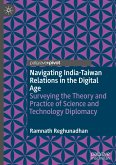
Gebundenes Buch
Surveying the Theory and Practice of Science and Technology Diplomacy
1. Februar 2025
Palgrave Macmillan / Springer Nature Singapore / Springer, Berlin
978-981-96-2017-3
| eBook, PDF | 32,95 € |
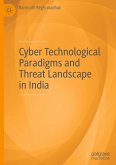
Gebundenes Buch
1st ed. 2022
10. Februar 2022
Palgrave Macmillan / Springer Nature Singapore / Springer, Berlin
978-981-16-9127-0
| eBook, PDF | 36,95 € |
eBook, PDF
31. Januar 2025
Springer Nature Singapore
eBook, PDF
9. Februar 2022
Springer Nature Singapore
Ähnliche Artikel
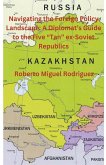
17,99 €
Versandfertig in 1-2 Wochen
Broschiertes Buch
A Diplomat's Guide to the Five "Tan" ex-Soviet Republics
22. September 2023
Roberto Miguel Rodriguez
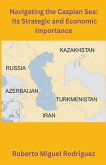
18,99 €
Versandfertig in 1-2 Wochen
Broschiertes Buch
Its Strategic and Economic Importance
11. Oktober 2023
Roberto Miguel Rodriguez

Gebundenes Buch
4. November 2024
World Scientific Publishing Company
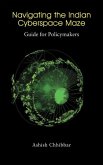
Gebundenes Buch
Guide for Policymakers
28. Oktober 2020
KW Publishers Pvt Ltd
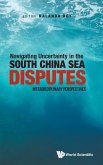

26,99 €
Versandfertig in 1-2 Wochen
Broschiertes Buch
11. Dezember 2023
Indie Publisher
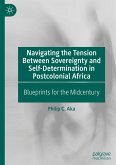
Gebundenes Buch
Blueprints for the Midcentury
1st edition 2023
17. Januar 2024
Palgrave Macmillan / Springer Nature Switzerland / Springer, Berlin
978-3-031-48130-7
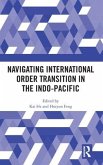
Gebundenes Buch
12. September 2023
Routledge

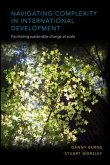
Gebundenes Buch
Facilitating Sustainable Change at Scale
15. Oktober 2015
Practical Action Publishing
Ähnlichkeitssuche: Fact®Finder von OMIKRON
